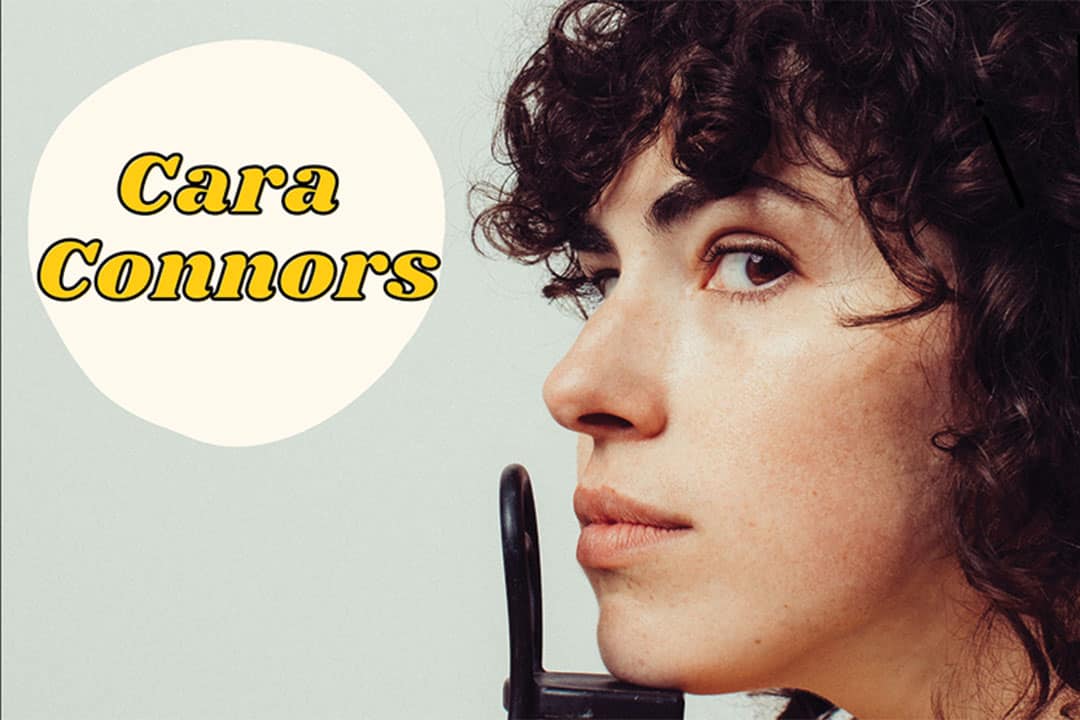I want to hear a voice note from Cara Connors. This is weird but true. I think they would start off on an innocuous point about how their day is going, and then they’d spurt off on side-splitting, wonderful tangents. I think they’d send the kind of voice notes that would make you laugh in the middle of a grocery store checkout line as they run on, out of breath but full of ideas — because that is the kind of performer they are.
Connors describes themself as a Los Angeles-based, Canadian, queer stand-up comedian. In 2018, they performed at the Just for Laughs Festival in Montréal, and in 2019, they were also a regular on the E! Series #NoFilter. Before their comedy life, Connors graduated with a master’s degree at U of T’s Ontario Institute for Studies in Education.
I sat in on the March 26 performance of Straight for Pay, Connor’s first North American tour, at the Comedy Bar in Toronto. This venue is apparently a favourite of theirs — they told the Toronto Guardian that it’s their “comedy home,” where they “cut [their teeth]” as a comedian.
Their ease on stage was palpable. They came barreling in, colourful outfit and all, tearing into the audience with their jokes. Their comedy is so physical that I was left wondering what their resting heart rate was by the end of the show.
Straight for Pay is largely a meditation on identity. Although Connors was non-stop with the laughs, they also examined the confusing and convoluted path to self-acceptance after divorcing their husband and coming to terms with their sexuality. “Grow up!” they said. “Everybody’s wife is gay.”
The strongest part of Connor’s show was how well they can ramble. Where some comedians come in with polished jokes and neatly executed punchlines, Connors was not afraid to look like they were improvising the show on the spot. Though I have no doubt their show was well-rehearsed, there was a genuineness behind the way they paced around the stage, voice mumbling in thought then bursting into yells.
They were the neurotic, coked-up voice in my head that never goes away. They were the edge of a nervous breakdown I’ve felt coming on for weeks. They were relentless, electric, authentic, and a human embodiment of what Adderall was invented to quiet.
I was strangely comforted by their stage presence. They once told the Austin Chronicle that being queer means being an outsider, which shows life’s absurdities — especially the heterosexual ones. Their comedy leaned into the absurd, and this may be the key to their success.
Weirdness invites weirdness. Within the span of an hour, Connors’ openness and authenticity became infectious. The show closed with a slideshow featuring pictures of them growing up as “You Can’t Pray the Gay Away” by Laura Bell Bundy blasted. It was funny — especially the photos of them on the same hockey team as their ex-husband — but also poignant. It’s emboldening to embrace difference, and it’s even better to laugh along the way.


